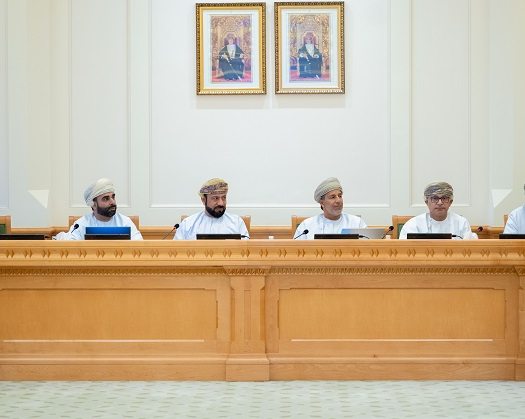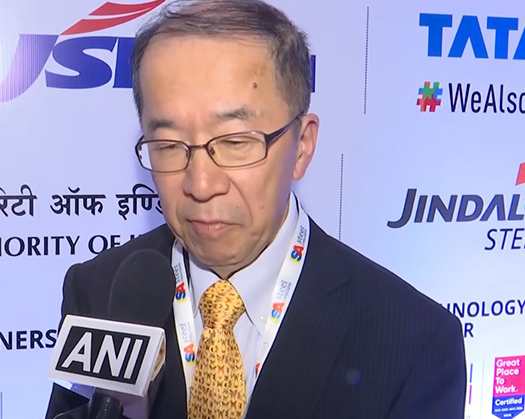Muscat: On Sunday morning, the Economic and Financial Committee of the Shura Council convened with a group of experts from the Ministry of Finance to deliberate on the draft State Receivables Collection Law, which has been submitted to the Council by the government.
This session is in accordance with Article 47 of the Oman Council Law, which mandates that draft laws prepared by the government must be presented to the Oman Council for review and potential amendments prior to being forwarded to His Majesty the Sultan for final approval and enactment.
During the meeting, committee members received an in-depth briefing from officials of the Ministry regarding the provisions of the draft law, its legislative implications, and its effects on current regulations.
As the primary authority responsible for the draft law, the Ministry of Finance detailed its goals, rationale, and the proposed legal framework aimed at improving the collection of state dues.
Committee members provided various observations and suggestions concerning the articles of the draft law and proposed amendments. The discussions also highlighted the challenges the Ministry faces in recovering outstanding financial obligations owed to the state by both individuals and corporations.
Key Objectives of the Draft Law include: - Establishing a structured approach for the recovery of state funds and financial dues from individuals and entities. - Improving collection efficiency through a well-defined legal framework and robust enforcement mechanisms.
This meeting was part of the fourth session of the second ordinary meeting (2024–2025) of the Shura Council’s tenth legislative term, chaired by Ahmed Saeed Al Sharqi, Chairman of the Economic and Financial Committee, with the attendance of committee members.













